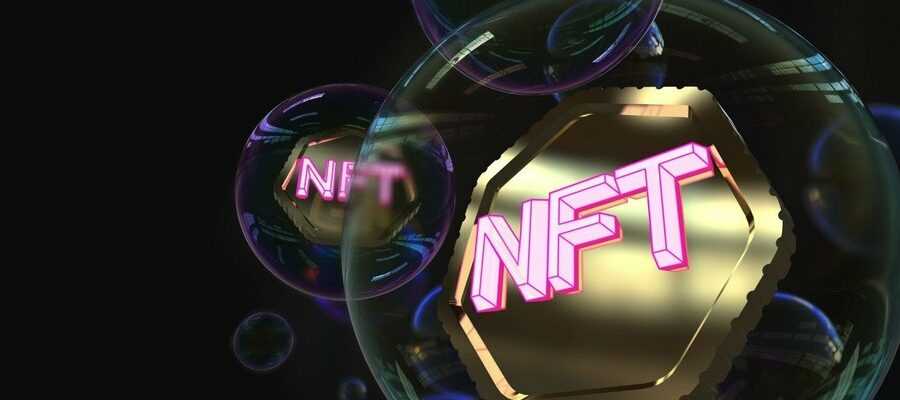The auction site of NFT
OpenSea recently revealed that a large part of the non-fungible tokens sold on the site would be fake, and that their sale therefore does not benefit any creator. At the origin of these drifts, the free mining tool which allows you to mine your NFT without paying the “gas fees”, often very expensive with Ethereum
. The platform wants to limit this option for creators to significantly reduce this practice.
OpenSea indicates its firm intention to fight against fraud, while the NFT environment does not benefit from any regulation for the moment.
More than 80% of NFTs considered plagiarism on the platform
There is something rotten in the kingdom of OpenSea, while the platform suffers thefts almost daily. A week ago, she suffered a bug that allowed Bored Apes to be purchased at a low price. Today, the company’s revelation is of a different nature, since its managers implicitly admit that most of the NFTs sold on the site are plagiarism.
“ Up to 80% of the items sold on the site are plagiarized works, fake collections and spam “, can we read in a tweet issued by OpenSea itself. A statistic that will comfort the critics of the platform, which brewed more than 13 billion dollars in transactions at the beginning of January.
For the moment, the market suffers from a lack of regulation and seems to benefit only a handful of opportunistic investors who speculate on projects (CryptoKitties and Bored Apes in the lead) whose artistic interest is almost non-existent. NFTs are considered an ecological aberration because their minting is expensive, based on an energy-hungry ethereum blockchain.
The practice of Lazy Minting singled out
OpenSea specifies that the main source of fraud is the practice of Lazy Minting, which amounts to not paying minting fees before the NFT is put on sale. The process attracts less fortunate creators but greatly encourages fraud of all kinds. OpenSea has therefore announced the limitation of Lazy Minting and caused the dissatisfaction of creators who wish to earn a living thanks to the platform. Right now, it’s still too easy for fraudsters to grab an NFT and mint it for themselves, without a potential buyer noticing.
Will 2022 mark the end of the NFT speculative madness? Market leader OpenSea’s own admissions suggest that the NFT environment should undergo significant changes, in order to benefit genuine artists rather than counterfeiters of any kind.
Source:
Vice

5